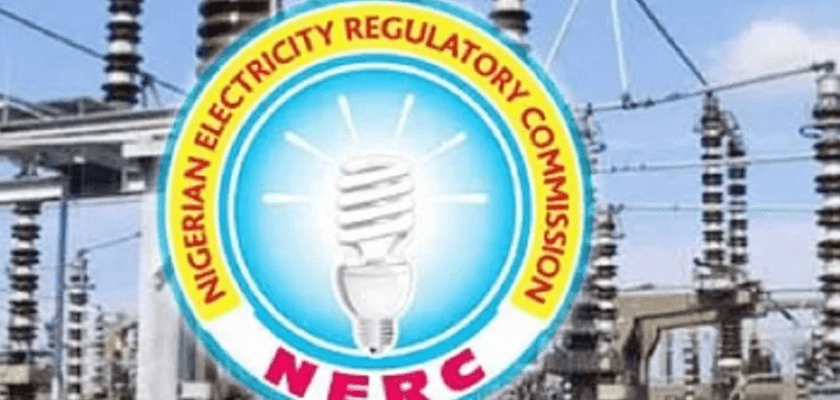Nigeria Electricity Regulatory Commission has ordered the grid operator, Transmission Company of Nigeria to cut back supplies to customers overseas to boost domestic supply.
The commission expressed concern about sub-optimal grid dispatch practices, which have impacted the ability of Distribution Companies, to meet their service tariff commitments to end-user customers.
In a directive issued by the Nigerian Electricity Regulatory Commission (NERC), said the grid operator’s current approach in managing supply has caused significant hardship for Nigerians because supply under bilateral contracts, including export to international customers, takes priority over supply to domestic customers.
The directive, outlined in a document titled ‘Interim Order on Transmission System Dispatch Operations, Cross-border Supply, and Related Matters,’ will be in effect for six months and it is subject to review.
Nigeria currently supplies electricity to neighbouring countries, including Benin Republic, Niger Republic, and Togo.
The commission said it was placing a cap of 6% on the total available grid generation to international off-takers for the next six months, effective from May 1.
Nigerian power firms have contracts with neighbouring African countries to deliver energy, which gives them foreign currency to support revenue from sub-economic tariffs. However, these companies have not always paid their bills on time.
Unstable electricity supply is common in Nigeria due to a shortage of electricity and has worsened most recently. Power companies recently raised tariffs for some domestic customers who are supposed to get more power daily for 20 hours a day, but the power companies are unable to meet the supply.
As an interim measure, NERC said the move is aimed at guiding the system operator and TCN in implementing Standard Operating Procedures to enhance transparency and fairness in grid operations.
The order also mandates the system operator to place interim caps on capacities supplied to international customers for the next six months, minimising the impact on domestic supply obligations by Gencos.
The document stated that the system operator must develop and present a pro-rata load-shedding scheme to ensure equitable load allocation to all off-takers (Discos, international customers, and eligible customers) during generation drops or grid imbalances.
“The system operator will log and publish hourly readings, enforcing penalties for violations of grid instructions and contracted nominations. Maximum load allocation to international off-takers in each trading hour shall not exceed six per cent of the total available grid generation.”
Aside having contracts with countries such as Niger, Togo and Benin, Nigerian power firms have bilateral contracts with big users at home including industries and government departments that get priority supply over regular customers.
Analysts said the cap on overseas sales could create uncertainty in the sector. Operationally, it will require power generation companies to adjust production and distribution, and potentially modify contracts on short notice.
He also said it will likely increase financial challenges by reducing revenue from overseas customers and will require power distribution firms, many of which already owe sizeable debts to power generation companies, to step up paying back their debts.
Electricity supply from the national grid had floated below 3,000 megawatts for several weeks but has risen above 4,700 megawatts, grid service data showed. Usually, local customers get less than 4000MW on normal days.
The regulator said current international and bilateral contracts have lax terms and off-takers frequently exceeded their contracted levels during peak operations at the expense of other grid users. Penalties for violating grid regulations are also not enforced, it said.
Last month, NERC raised tariffs by 230% for 15% of customers who are supposed to get more supply but the power companies have been unable to meet the contracted 20 hours.
The regulator’s decision to cut back supply to international customers may have also been prompted by those customers’ inability to settle debts on time.
In a report issued in the last quarter of 2023, NERC said international customers owed Nigerian power companies a combined $12.02 million in unpaid debt for services rendered.

